-
COVID-19
COVID-19: How much protection do face masks offer?
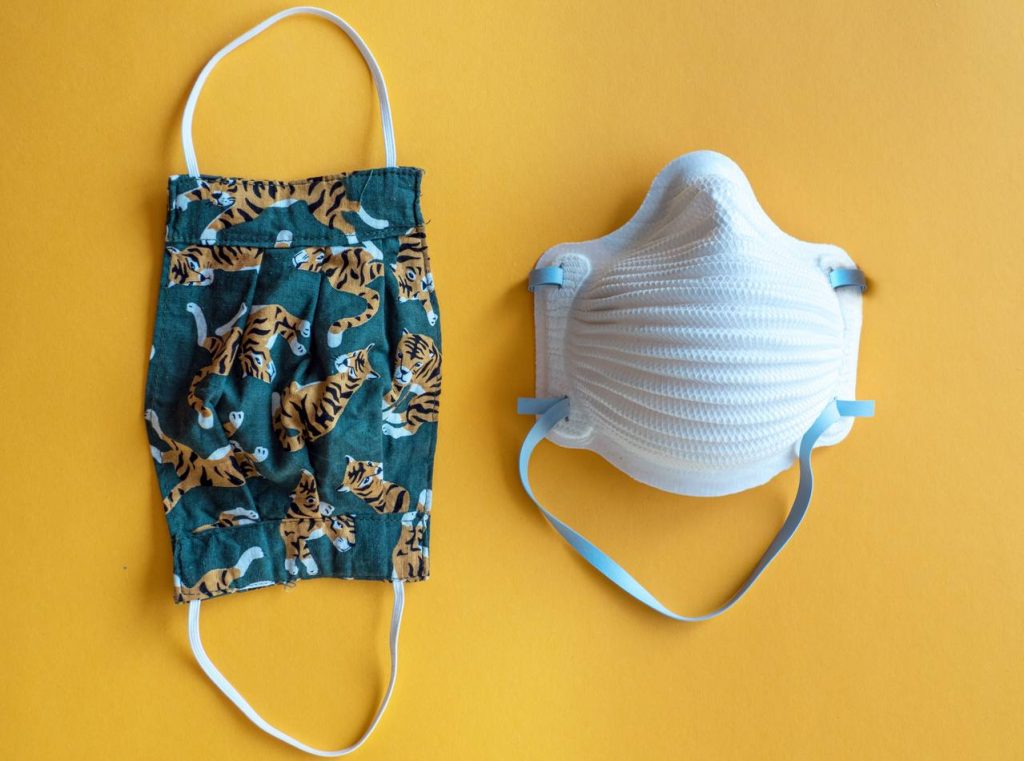
Can face masks help prevent the spread of coronavirus disease 2019 (COVID-19)?
Yes, face masks combined with other preventive measures, such as frequent hand-washing and social distancing, help slow the spread of the disease.
So why weren't face masks recommended at the start of the pandemic? At that time, experts didn't yet know the extent to which people with COVID-19 could spread the virus before symptoms appeared. Nor was it known that some people have COVID-19 but don't have any symptoms. Both groups can unknowingly spread the virus to others.
These discoveries led the Centers for Disease Control and Prevention (CDC) to do an about-face on face masks. The CDC updated its guidance to recommend widespread use of simple cloth face coverings to help prevent transmission of COVID-19 by people who have the virus but don't know it.
Some public health groups argue that masks should be reserved for health care providers and point to the critical shortage of surgical masks and N95 masks. The CDC acknowledged this concern when it recommended cloth masks for the public and not the surgical and N95 masks needed by health care providers.
How do the different types of masks work?
Surgical masks:
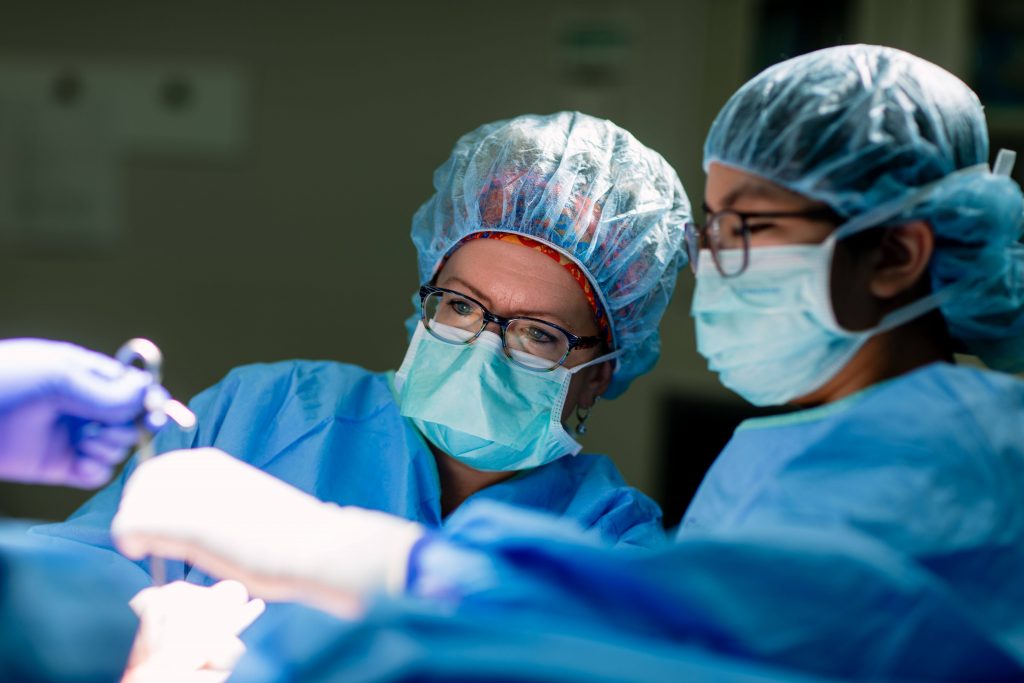
Also called a medical mask, a surgical mask is a loose-fitting disposable mask that protects the wearer's nose and mouth from contact with droplets, splashes and sprays that may contain germs. A surgical mask also filters out large particles in the air. Surgical masks may protect others by reducing exposure to the saliva and respiratory secretions of the mask wearer.
At this time, the Food and Drug Administration has not approved any type of surgical mask specifically for protection against the COVID-19 virus, but these masks may provide some protection when N95 masks are not available.
N95 masks
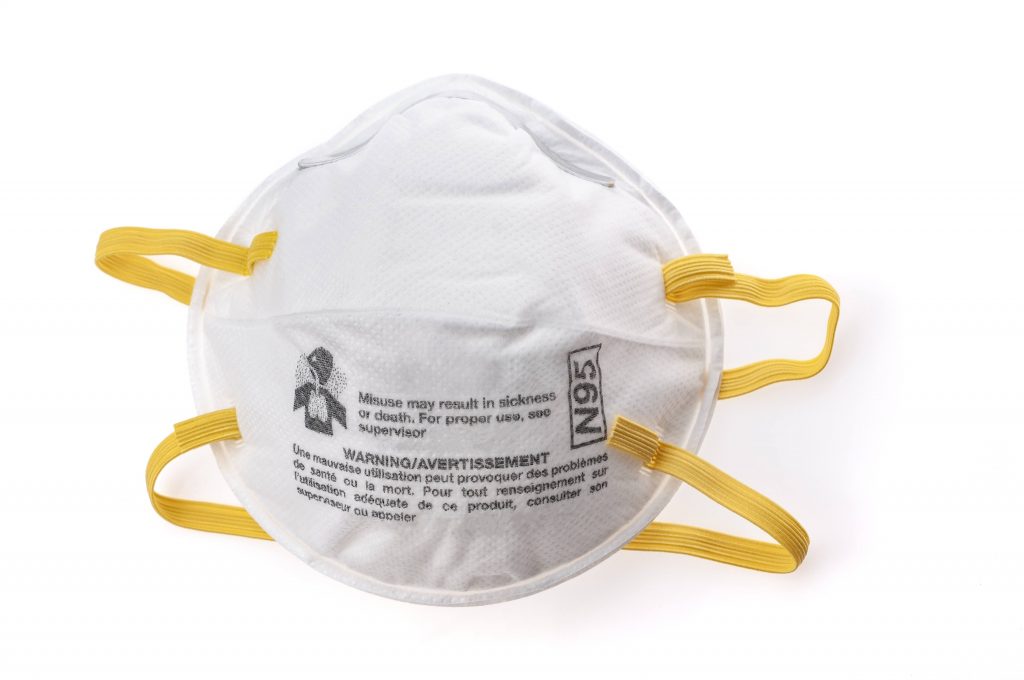
Actually a type of respirator, an N95 mask offers more protection than a surgical mask does because it can filter out both large and small particles. The name indicates that the mask is designed to block 95% of very small particles. Like surgical masks, N95 masks are intended to be disposable. However, researchers are testing ways to disinfect N95 masks so they can be reused.
Cloth masks
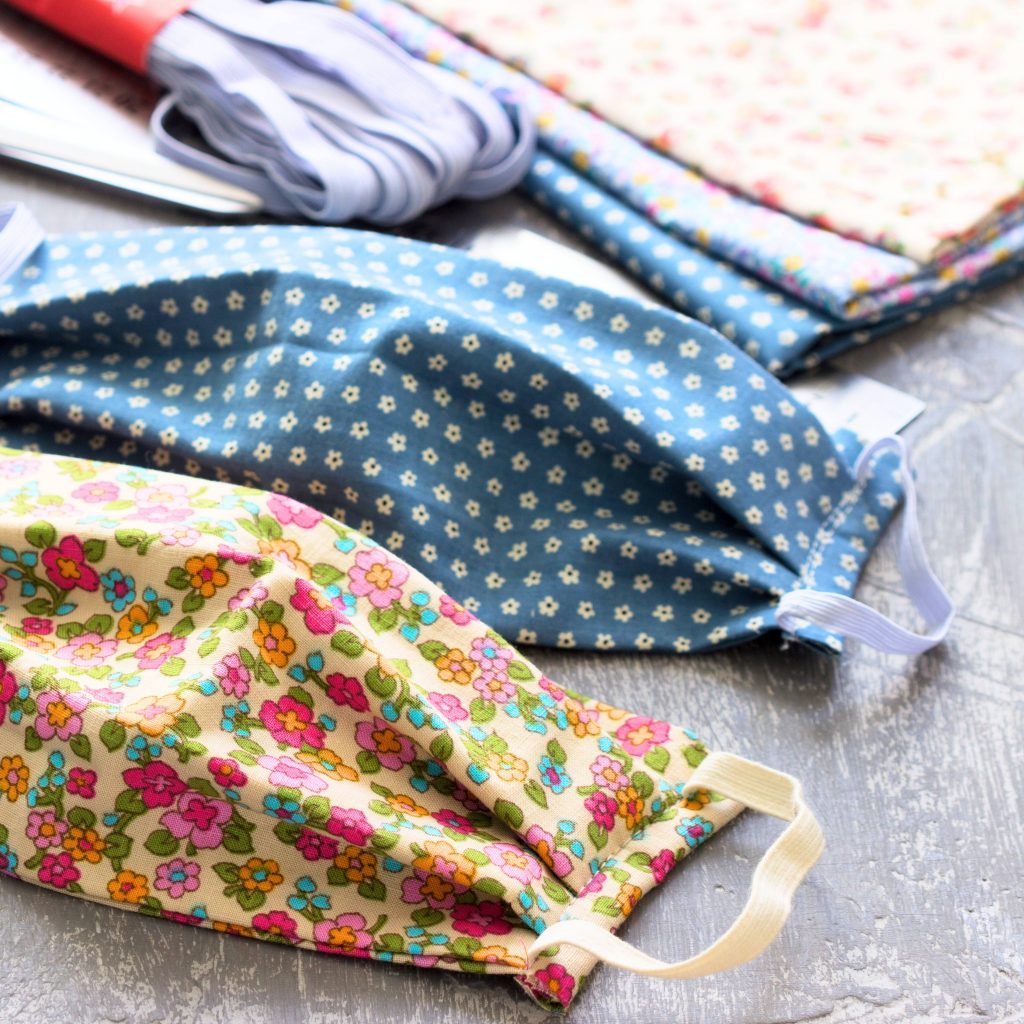
While surgical and N95 masks are in short supply, cloth masks are more accessible and reusable. Although cloth masks and N95 masks have different purposes, both are intended to slow the spread of COVID-19. A cloth mask is worn to help protect others in case the wearer has the virus. An N95 mask helps protect the wearer from getting the virus from others.
Countries that required face masks, testing, isolation and social distancing early in the pandemic seem to have had some success slowing the disease's spread. Common sense also suggests that some protection is better than none. But wearing a cloth face mask will lose any value unless it's combined with frequent hand-washing and social distancing.
Cloth masks are cheap and simple to make. Instructions are easy to find online. Masks can be made from common materials, such as sheets made of tightly woven cotton. The CDC website offers directions for no-sew masks made from bandannas and T-shirts. Cloth masks should include multiple layers of fabric.
How to wear a cloth face mask
Cloth face masks should be worn in public settings where social distancing measures are difficult to maintain, such as in grocery stores, especially in areas of significant community-based transmission.
Here are a few pointers for putting on and taking off a cloth mask:
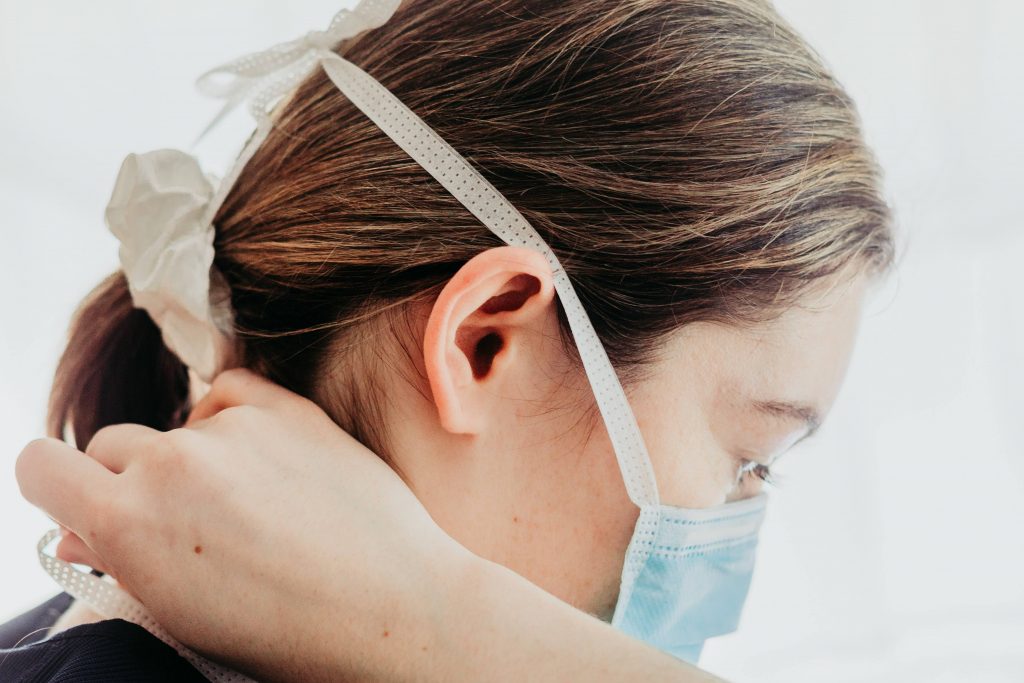
- Place your mask over your mouth and nose.
- Tie it behind your head or use ear loops and make sure it's snug.
- Don't touch your mask while wearing it.
- If you accidentally touch your mask, wash or sanitize your hands.
- Remove the mask by untying it or lifting off the ear loops without touching the front of the mask or your face.
- Wash your hands immediately after removing your mask.
- Regularly wash your mask with soap and water in the washing machine. It's fine to launder it with other clothes.
Finally, here are a few face mask precautions:
- Don't put masks on anyone who has trouble breathing, or is unconscious or otherwise unable to remove the mask without help.
- Don't put masks on children under 2 years of age.
- Don't use face masks as a substitute for social distancing.
Information in this post was accurate at the time of its posting. Due to the fluid nature of the COVID-19 pandemic, scientific understanding, along with guidelines and recommendations, may have changed since the original publication date.
Check the Centers for Disease Control and Prevention website for additional updates on COVID-19. For more information and all your COVID-19 coverage, go to the Mayo Clinic News Network and mayoclinic.org.







